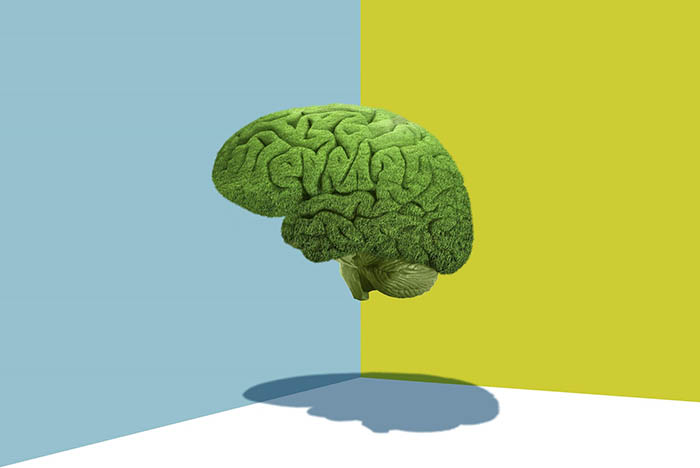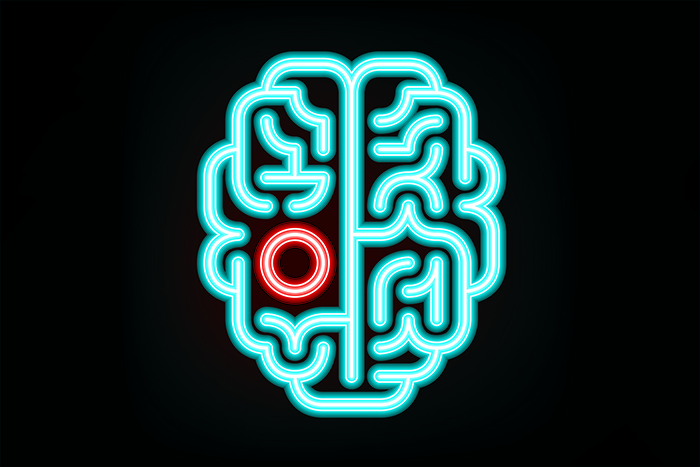Sleep apnea is a common disorder where one’s breathing involuntarily and repeatedly starts and stops during sleep. There are three different types of sleep apnea with separate root causes:
- Obstructive Sleep Apnea (OSA) – the most common form that occurs when the throat muscles relax.
- Central Sleep Apnea – occurs when the brain does not send the correct signals to the muscles that control breathing.
- Mixed Sleep Apnea – occurs when someone has both obstructive sleep apnea and central sleep apnea.
Obstructive sleep apnea can have serious health consequences including high blood pressure, heart disease, stroke, pregnancy complications, metabolic disorders, and cognitive and behavior disorders, and higher risks for car crashes and work-related accidents. Central sleep apnea has health consequences associated with heart failure, opioid use, strokes, and brain injuries.
Signs and Symptoms
Commons signs:
- Reduced or absent breathing
- Frequent loud snoring
- Gasping for air during sleep
- Restless sleep
Common symptoms:
- Excessive daytime sleepiness and fatigue
- Decrease in attention, concentration, motor skills, and verbal and visuospatial memory
- Dry mouth or headaches when waking
- Decreased libido
- Waking up often during the night to use the bathroom
- Irritability due to fatigue
- Loud snoring followed by a period of silence
Did you know that sleep apnea in women is different compared to men?




